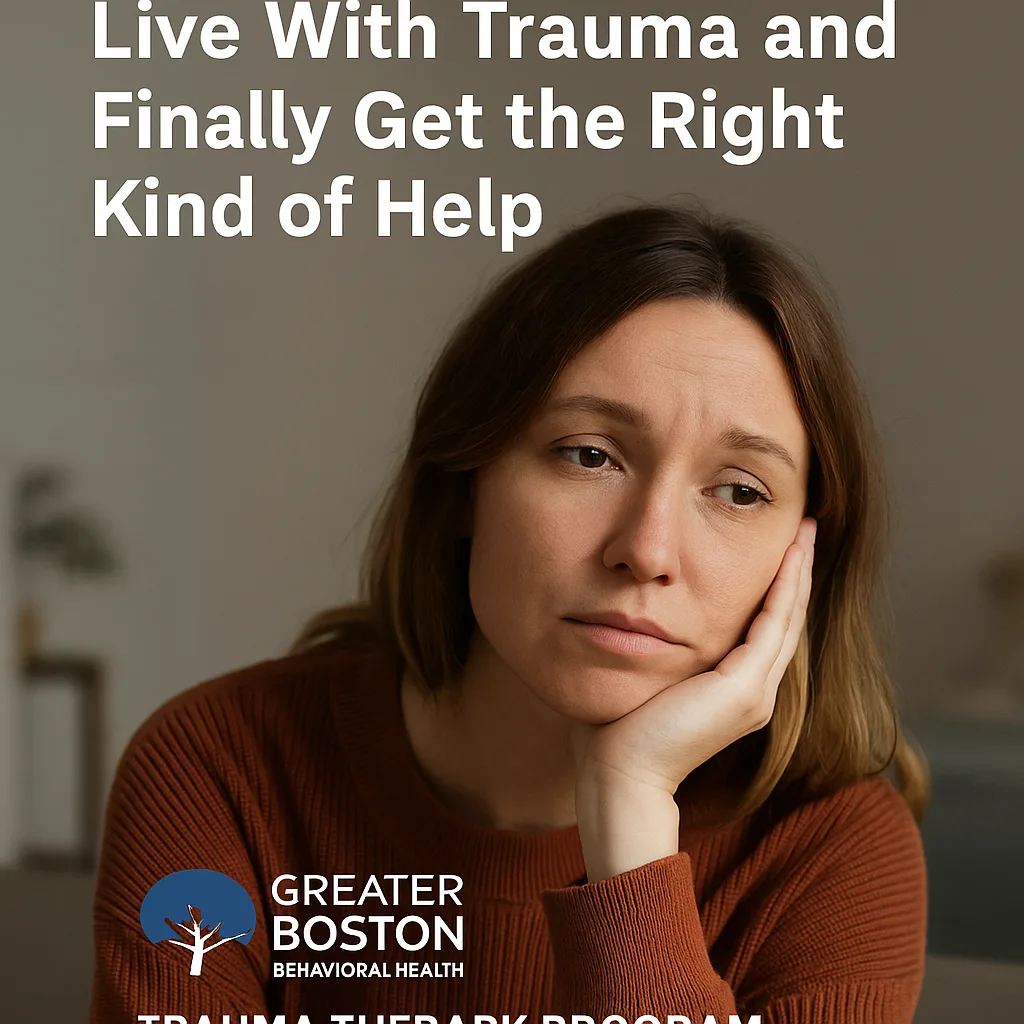I didn’t think I had trauma. Not in the way people usually talk about it.
I had a steady job, showed up for meetings, even made time to cook at home and text my friends back (most of the time). I was “high-functioning.” But I was also constantly on edge. Sleep didn’t come easy. Neither did joy. There were entire days where I’d get everything done—and feel absolutely nothing.
Eventually, I stopped asking myself what was wrong. I just accepted that this dull ache, this simmering anxiety, was part of who I was.
Until it wasn’t.
Trauma Doesn’t Always Look Broken
If you looked at my calendar, it was full. My inbox, managed. My performance reviews, glowing. But inside, I felt brittle. Like one more unexpected demand—one more late-night call or passive-aggressive email—could splinter me.
I used to think trauma looked like breakdowns or flashbacks. What I didn’t realize was that it could also look like over-functioning. Like perfectionism that’s less about pride and more about survival. Like scanning every room for exits. Like hearing “you’re so strong” and feeling like a fraud.
What I needed wasn’t another self-help podcast or productivity hack. I needed something deeper.
The Tipping Point Was Quiet
There was no big collapse. No dramatic moment. Just a Tuesday night where I couldn’t stop crying in the shower—and couldn’t explain why.
I’d been ignoring myself for so long that when the pain finally spoke, I almost didn’t recognize it.
That night, I looked up “trauma therapy program Boston MA” and found Greater Boston Behavioral Health. I didn’t even know what I was hoping for—just that I couldn’t keep holding myself together with tape and to-do lists.
Finding the Right Trauma Therapy Program Changes Everything
Walking into therapy wasn’t easy. I half-expected to be told I didn’t qualify for help. That I was too “okay” to be here.
Instead, I was met with something I hadn’t felt in years: space.
My therapist didn’t rush me. She didn’t try to define me. She let me explain how I could ace presentations but still feel like I was failing at being human.
Together, we worked slowly. We didn’t just dig into the past—we rebuilt my sense of safety in the present. That included learning how trauma lives in the body, how to recognize when I was actually triggered versus just “tired,” and how to trust myself again.
If you’ve never had a space like that, it’s hard to explain how healing it can be.
Healing Isn’t Linear—but It’s Real
There were weeks I left therapy feeling cracked open. Others where it felt like nothing had changed. But I kept going.
Somewhere along the way, I noticed my shoulders weren’t always tense. I started sleeping through the night. I said “no” to things without guilt—and meant it.
I’m not “fixed,” but I’m real. I don’t perform as much. I pause more. I can sit with hard feelings instead of sprinting away from them. That, to me, is what healing actually looks like.
Support Doesn’t Mean Surrender
For anyone reading this who’s managing, functioning, performing—but knows deep down something is off: you’re not weak for wanting more than survival.
Getting help didn’t erase my strength. It helped me stop mistaking coping for living.
If that quiet voice in you is getting louder, if you’re wondering whether there’s something more than this constant undercurrent of stress—follow it. You don’t need a breakdown to deserve breakthrough.
Greater Boston Behavioral Health offers a trauma therapy program that meets you where you are. Not where someone thinks you should be.
If you’re in the Boston, MA area and curious about what real support could feel like, learn more about the trauma therapy program here.
FAQ: Understanding Trauma Therapy Programs
What is a trauma therapy program?
A trauma therapy program is a structured treatment approach designed to help people process and heal from traumatic experiences. It often includes talk therapy, body-based approaches, and skills to manage stress and emotional regulation.
Do I need to have a “big trauma” to qualify?
No. Trauma is about your experience—not just the event. Many high-functioning people carry unprocessed trauma from emotionally neglectful households, chronic stress, or subtle forms of harm. If something is interfering with your peace, it’s worth addressing.
How do I know if I should seek trauma therapy?
If you feel chronically overwhelmed, emotionally numb, or like you’re living in survival mode—even if your life “looks fine”—therapy can help. You don’t need a crisis to deserve care.
What can I expect from Greater Boston Behavioral Health?
Expect a safe, respectful space where your story isn’t minimized. Their trauma therapy program in Boston, MA is built for people at all levels of need—including those who are high-functioning but struggling silently.
Is therapy confidential?
Yes. Everything you share in therapy is confidential, with very few exceptions (like immediate safety concerns). You’re in control of your story and your pace.
Ready to take the first step?
Call Greater Boston Behavioral Health at (888) 301-8072. Whether you’re curious or committed, our team is here to help you feel safe, seen, and supported.


